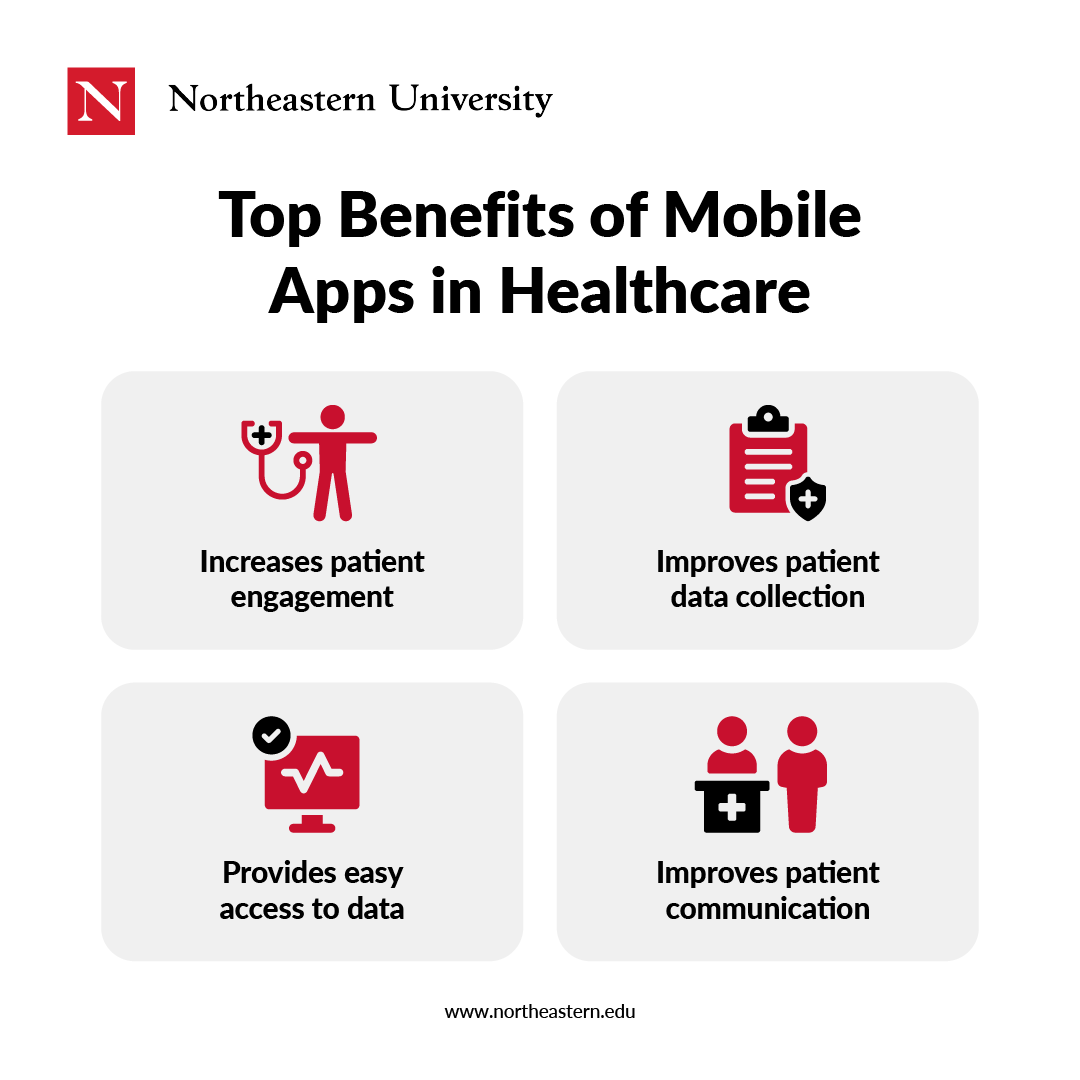In recent years, the emergence of artificial intelligence (AI) has ushered in a transformative era in healthcare, revolutionizing the way we can diagnose, treat, and manage medical conditions. And while AI’s integration into the healthcare landscape holds immense promise for revolutionizing the industry, it’s important to explore the ways healthcare providers—and patients—can leverage this new technology.
Here’s an overview of how AI works to solve problems in healthcare and four prominent ways it is reshaping the industry.
How AI Solves Problems in Healthcare
Today’s use of artificial intelligence (AI) in healthcare has led to a recent revolution in problem-solving. It provides solutions that can improve medical practices and ultimately improve patient outcomes. For example, with the assistance of AI, health systems can benefit from quicker and more accurate detection of patterns that can help predict disease risks with greater precision.
Detecting health issues early allows healthcare professionals to intervene sooner and create personalized care plans for each patient. Additionally, artificial intelligence can enhance the quality of care by efficiently communicating with patients, supplying immediate responses to medical questions, and remotely monitoring chronic conditions.
To keep up with the rising demand for faster response healthcare, AI technology allows leaders to make informed decisions that ensure patients receive the best care possible, which has resulted in improved efficiency for countless healthcare organizations worldwide.
4 Ways Artificial Intelligence is Changing Healthcare
While AI has changed the healthcare landscape, it has also become one of the major driving forces in patient care innovation.
Currently, artificial intelligence is accelerating four major trends in healthcare innovation.
1. Mobile Platform Adoption
Mobile apps are used by many patients and care providers. And since the pandemic, more people have leveraged this technology to take a more active role in their health through telehealth appointments. As a result, providers need to adapt their methods of care to the nuances of virtual healthcare to drive patient engagement, facilitate more efficient patient data collection, provide patients and caregivers easy access to data, and improve communication between patients and patient support groups (relatives, nurses, etc.).

2. Continuous Patient Monitoring
Fast and efficient patient monitoring is incredibly important to several patients’ outcomes. Today, a large percentage of the population suffers from chronic illnesses that require continuous monitoring.
For example, diabetes is a prominent diagnosis throughout the United States, with 28.7 million people diagnosed as of 2023. According to clinical trials conducted by the University of Chicago Medical Center continuous glucose monitoring (CGM) is cost-effective for Type 1 diabetes, which affects about 10 percent of the total population living with diabetes. CGM helps patients to improve overall blood glucose control and reduce diabetes complications. Without CGM, patients depend on the manual measurement of blood glucose levels several times a day.
This kind of data cannot provide a full picture of a patient’s status and is based only on a selection of measured time. Patients with a CGM device, however, can monitor their blood sugar level once every five minutes. This is only one example of how continuous patient monitoring is being used to save money, improve health outcomes, and increase the overall quality of patient care. In fact, Research and Markets has projected that the global market for patient monitoring systems will be valued at over $175.2 billion by 2027.
3. Intelligent Diabetes Management
Diabetes management is very complicated due to the variation between each patient’s insulin sensitivity, lifestyle, activity levels, and diet habits. It is hard to get a one-size-fits-all solution in the early development of treatment plans. Artificial intelligence now allows clinicians to use patient data to develop personalized treatment recommendations to help manage the disease. Many intelligent systems target a specific task during a diabetes management procedure, such as the prediction of blood glucose levels, prediction of hazardous complication events, prediction of patient re-admission, etc.
In addition, recent research from the University of Texas Medical Branch shows how artificial intelligence is making significant strides in predicting type 2 diabetes in patients. This new technology uses X-rays and medical records to more accurately detect this chronic disease. These “intelligent” treatment plans that use patient data are likely to have better success rates, as they can simplify the complexity of diabetes into a manageable problem statement.
4. Automatic Insulin Delivery
The optimal goal of diabetes management is to have a system that can automatically deliver insulin when it is needed, just like a pancreas in a healthy person. Automatic insulin delivery is similar to autonomous, or self-driving, cars.
The advancement of artificial intelligence in diabetes management has been accelerated in recent years. Many traditional companies have invested heavily in the new innovative technology according to their product pipelines. Some up-and-coming startups, such as Glooko, Tidepool, and Bigfoot biomedical, have brought disruptive ideas to the market place and may be able to reshape the landscape of diabetes care.
Overall, a breakthrough in artificial intelligence in healthcare is coming. Engineers in artificial intelligence are in high demand. Are you ready for the trend?
Interested in learning more about how recent innovations are affecting today’s healthcare? Check out Northeastern’s AI master’s degree program to see how these applications have an interdisciplinary impact across all industries.






Related Articles
Why This Alum Decided to Earn His Master’s Degree in Computer Science
The Top 10 Highest-Paying Big Data Careers
Data Scientist vs. Data Analyst: What’s the Difference?